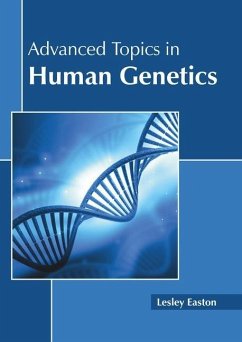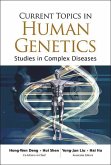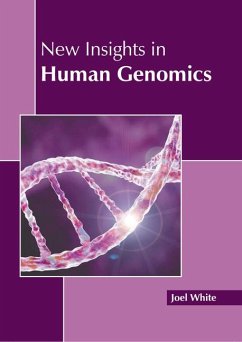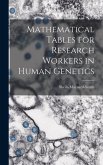The human genome refers to the complete set of nucleic acid sequences in humans. These are encoded as DNA within the chromosomes in cell nuclei and the DNA molecule in each mitochondrion. The genome is organized into 22 pairs of chromosomes, plus a combination of X and X chromosomes for females, and a combination of X and Y chromosomes for males. The human genome comprises of both protein-coding DNA genes and noncoding DNA. There are approximately between 19,000-20,000 protein-coding genes. These account for only 1.5% of the genome, while the rest is associated with non-coding RNA molecules, introns, SINEs, LINEs, regulatory DNA sequences and those sequences for which no function has been determined as yet. Studies have shown that most noncoding DNA within the human genome have associated biochemical activities such as regulation of gene expression, control of epigenetic inheritance and organization of chromosome architecture. The human genome is the first vertebrate to be completely sequenced. The resulting data has applications in anthropology, biomedical science, forensics, etc. This book presents researches and studies performed by experts across the globe on the human gene. It elucidates the concepts and innovative models around prospective developments with respect to this area of study. It attempts to assist those with a goal of delving into genetics.
Hinweis: Dieser Artikel kann nur an eine deutsche Lieferadresse ausgeliefert werden.
Hinweis: Dieser Artikel kann nur an eine deutsche Lieferadresse ausgeliefert werden.








